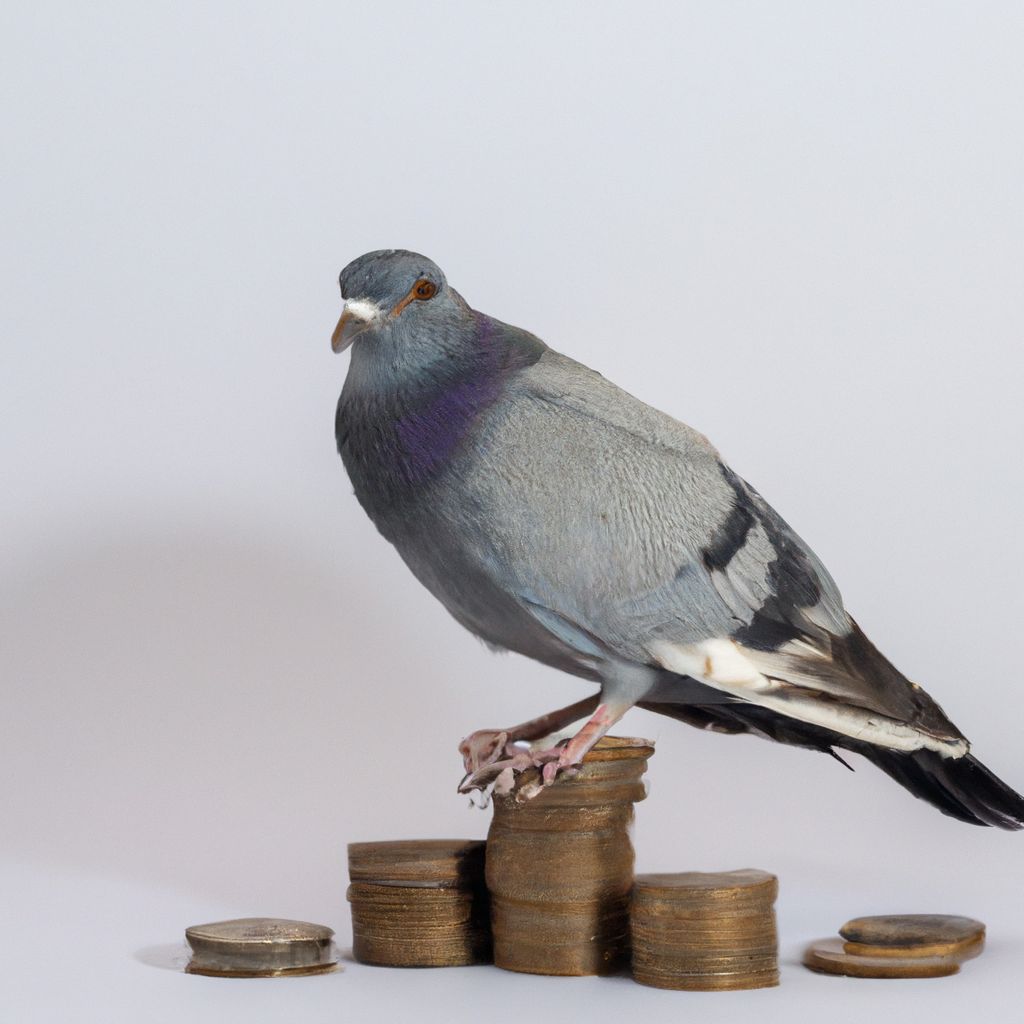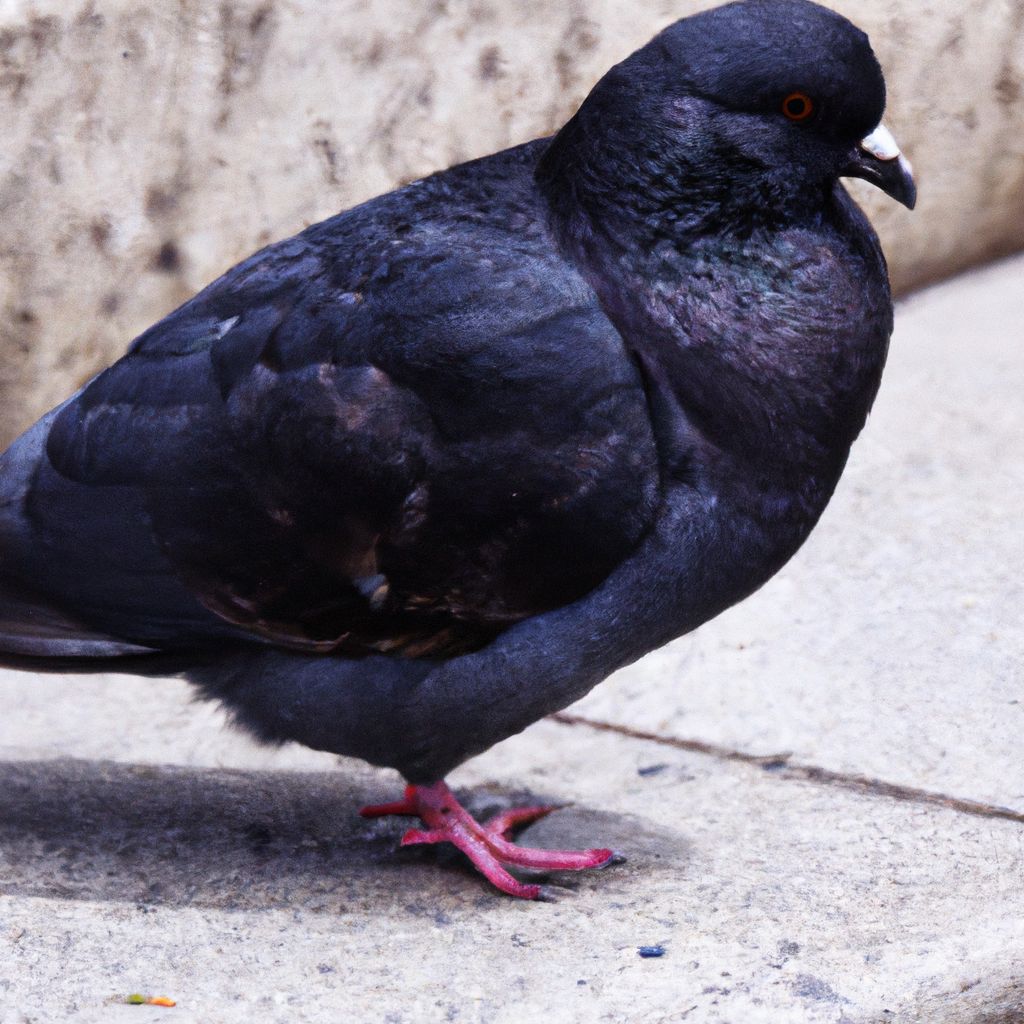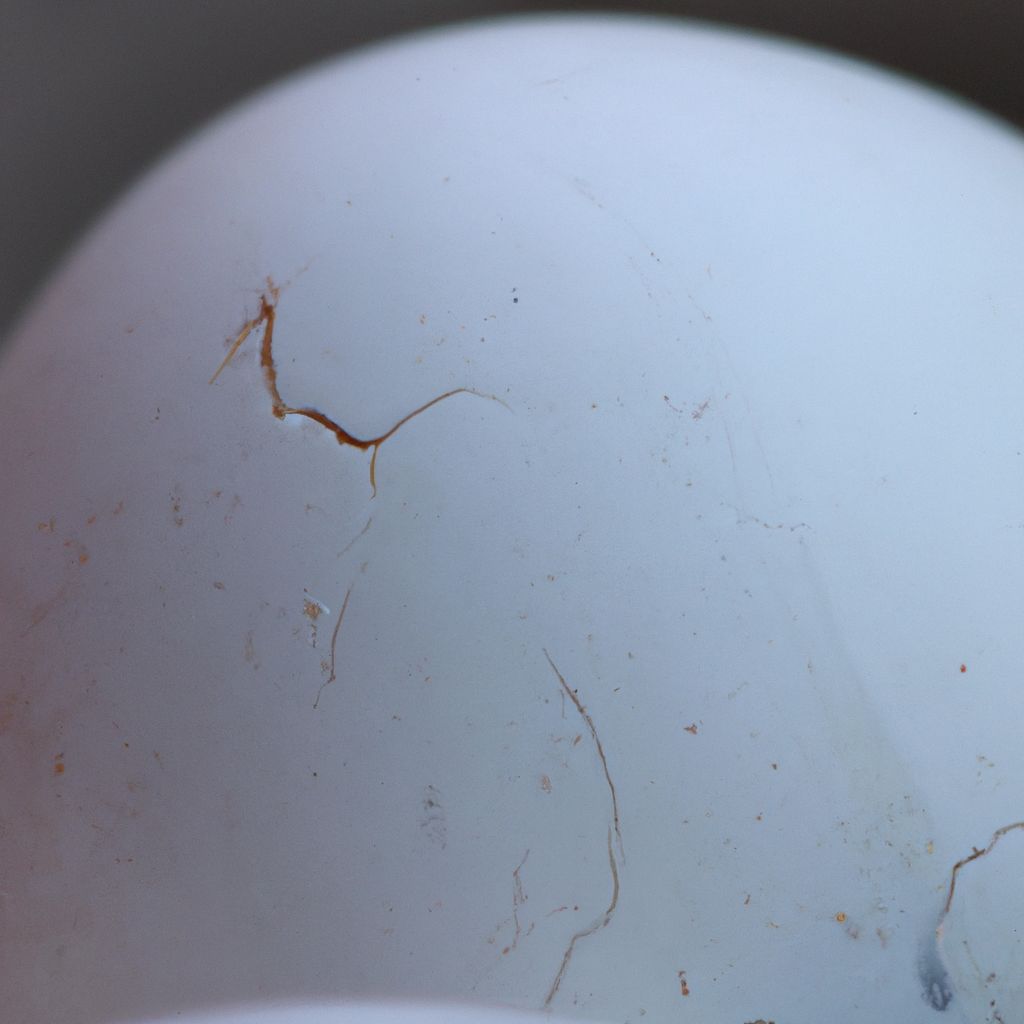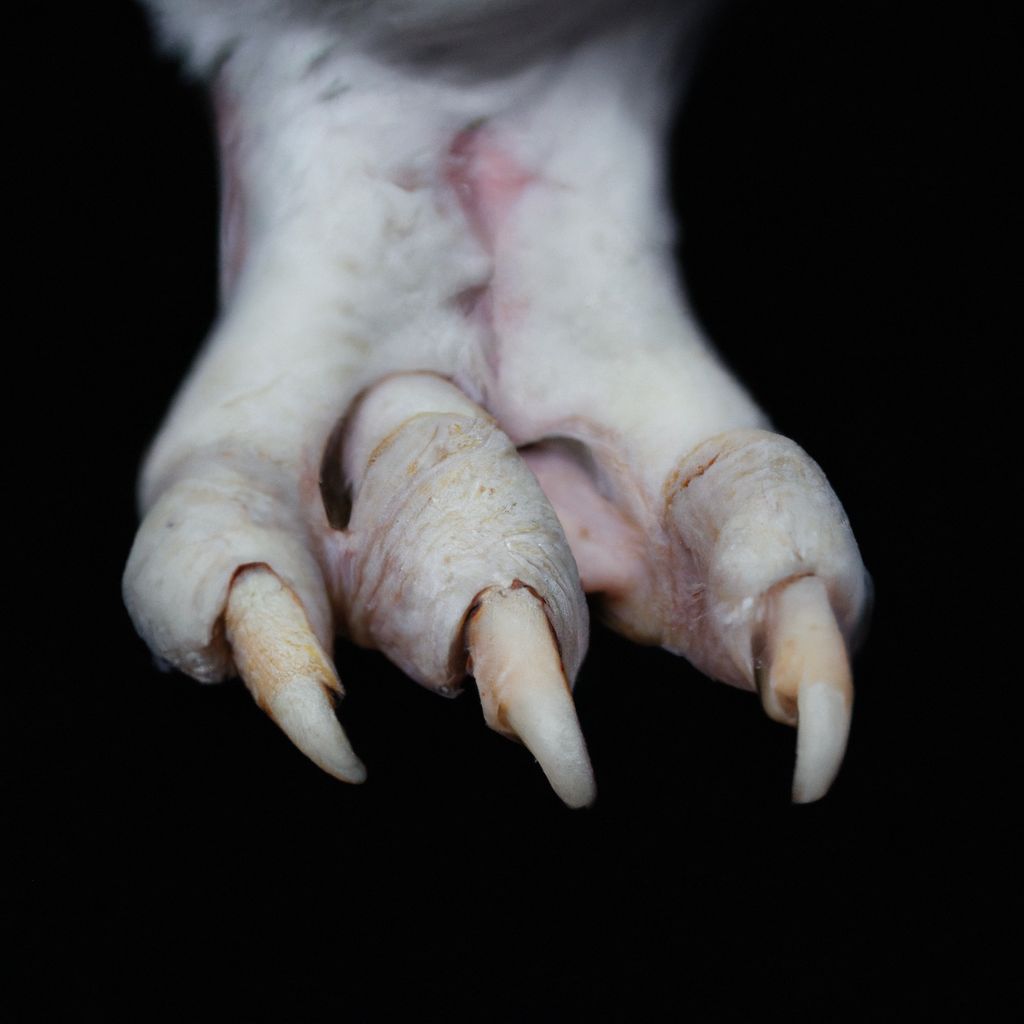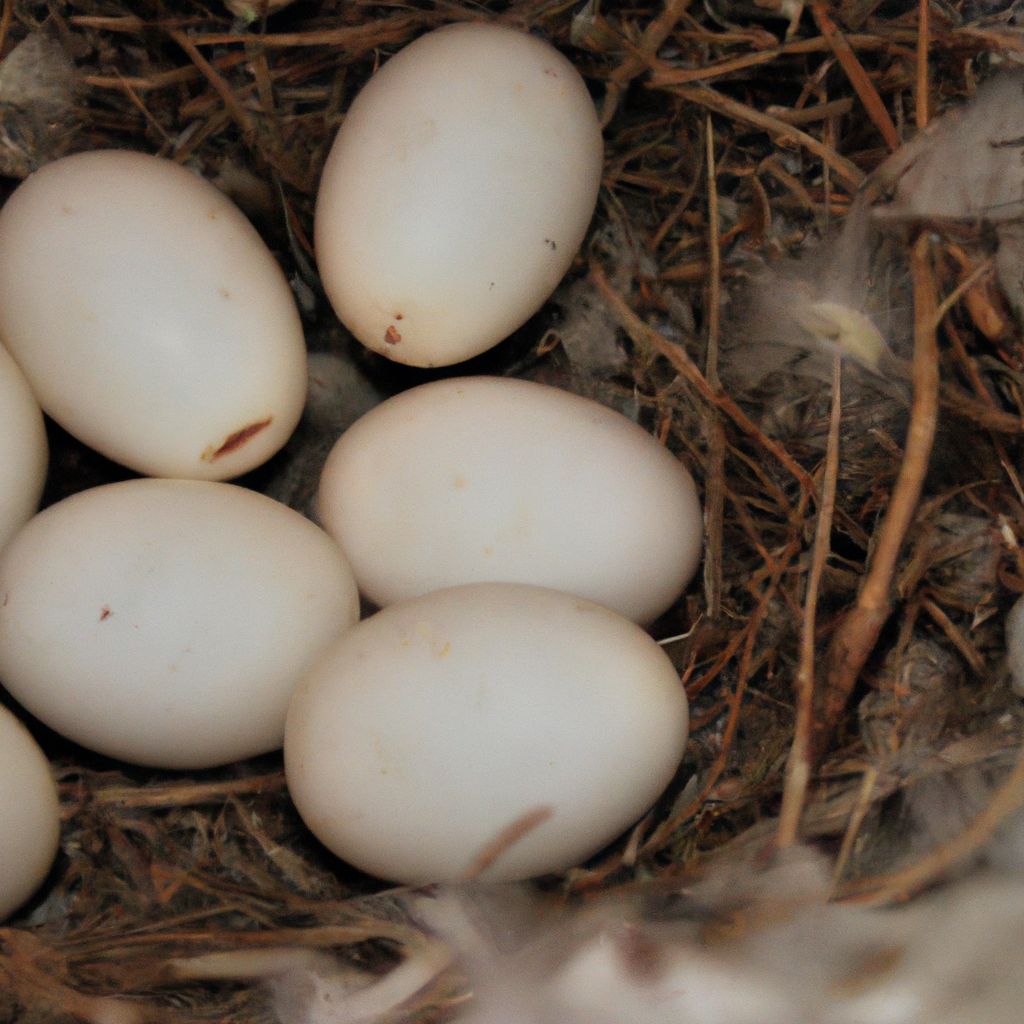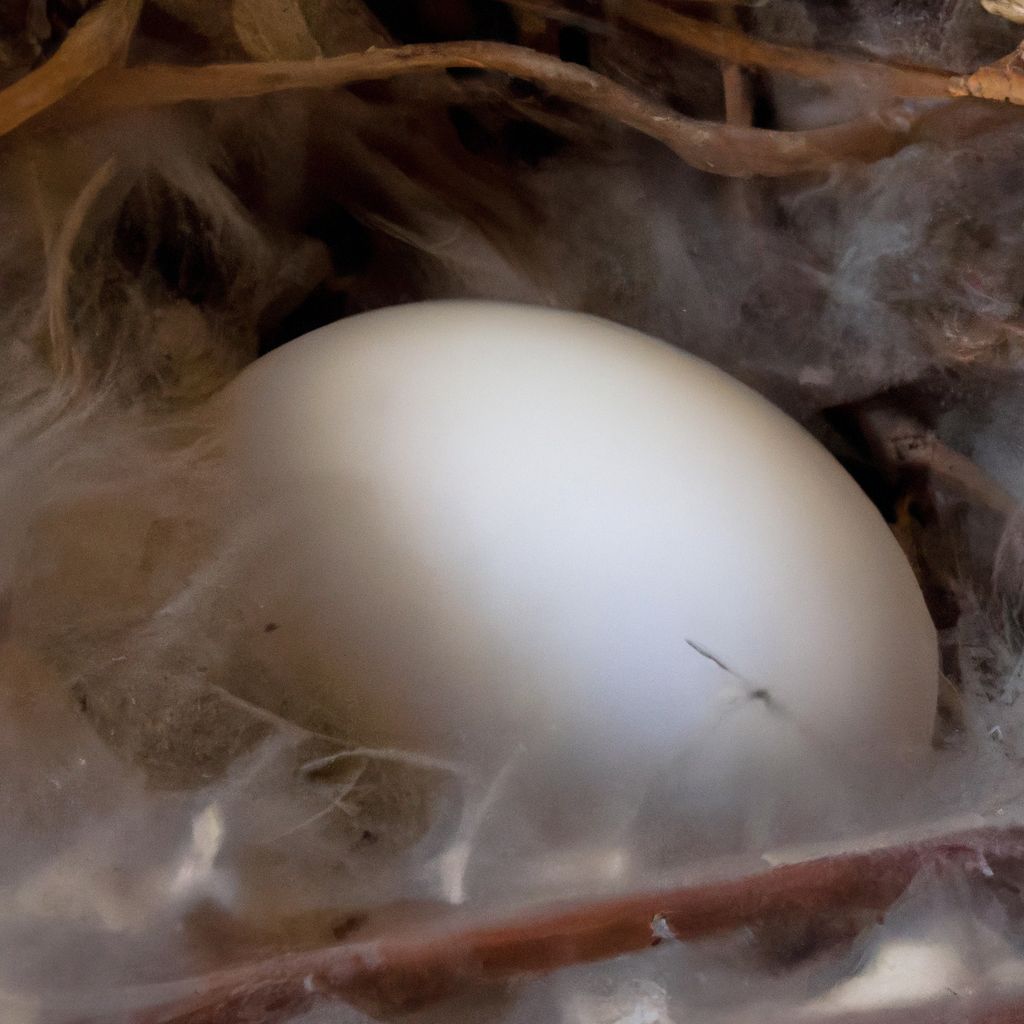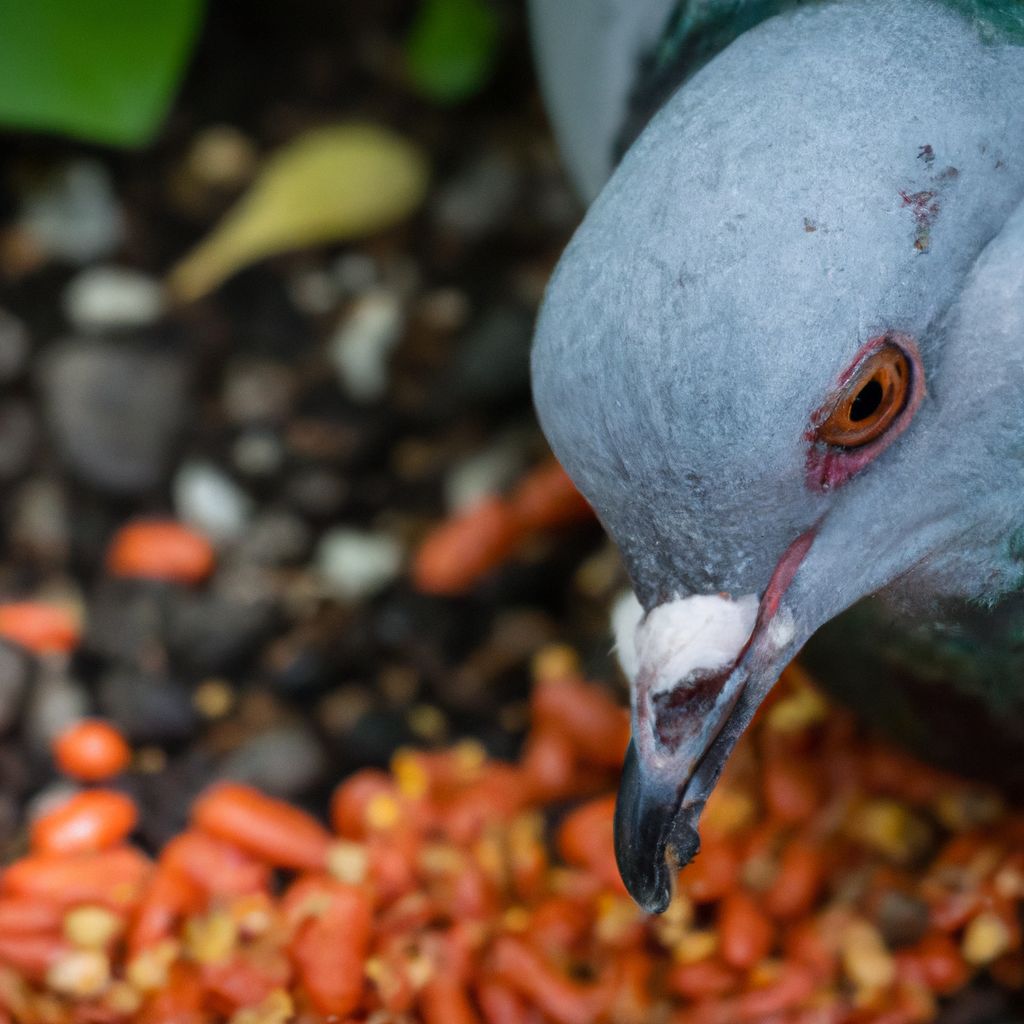Key Takeaways: Pigeons make a variety of sounds, with cooing being the most common sound. Cooing serves as a means of communication between pigeons, and its frequency and variations change during mating seasons. Pigeons also produce other vocalizations such as beating their wings before taking flight, low grunting when distressed or sensing danger, and different
Monthly Archives: January 2025
Key takeaway: Owning pigeons can come with various costs, such as the initial purchase price and ongoing expenses for their care and maintenance. The cost of racing pigeons can be higher due to the specialized training, breeding, and equipment required for competitive racing. To save money when buying pigeons, consider purchasing common or show pigeons
Key Takeaway: Pigeon toe, also known as intoeing, is a common condition in infants and young children. The common causes of pigeon toe in children under 2 years include twisted shin bones as the baby starts standing and walking. Pigeon toe in girls over 2 years is often caused by a twisted thigh bone, associated
Key Takeaway: Pigeon eggs typically take around 17 to 19 days to hatch, with both male and female pigeons taking turns in incubating the eggs. The location and construction of the nest play a crucial role in ensuring proper incubation and hatching of pigeon eggs. During the incubation period, it is important to provide a
Key takeaway: Homing pigeons possess incredible navigational abilities, allowing them to travel impressive distances at remarkable speeds. Pigeon fanciers participate in racing with specially bred homing pigeons, setting remarkable records in the sport. Aside from their racing abilities, homing pigeons can also adapt to different climates, come in variations of size, color, body type, and
Key takeaway: Pigeon toes, also known as in-toeing, can be caused by limited space in the womb and a condition called metatarsus adductus. Pigeon toes can also be caused by the twisting of leg bones during toddler years, known as internal tibial torsion or medial femoral torsion. Diagnosis of pigeon toes involves observing the child’s
Key Takeaways: Pigeon eggs generally take about 17 to 19 days to hatch, depending on various factors such as temperature and humidity. Pigeons are monogamous birds and form lifelong partnerships. The courtship ritual and nest selection are crucial aspects of their mating process. During the incubation period, it is important to provide a suitable environment
Key Takeaways: Pigeon eggs take approximately 17-19 days to hatch after being laid. Pigeon egg incubation requires a consistent temperature ranging from 98-100 degrees Fahrenheit. Candling pigeon eggs can help determine if an egg is fertile by observing the development of the embryo. Introduction Photo Credits: Chipperbirds.Com by Benjamin Roberts Pigeon eggs take 17 to
Key Takeaways: Pigeon control is important in urban environments where pigeon problems are common. Using humane methods to catch and deter pigeons is essential. Understanding pigeon behavior, characteristics, and habits helps in effectively catching or deterring pigeons. Various deterrence techniques are available, including physical deterrents like pigeon spikes, coils, bird slopes, and netting, as well
Key takeaway: Pigeons have a natural diet that consists of seeds, berries, grains, fruits, vegetables, insects, and worms, which provide them with the necessary nutrients for their well-being. In urban environments, pigeons may scavenge for human food scraps such as bread and rice. However, this can have potential health risks and may not provide a


